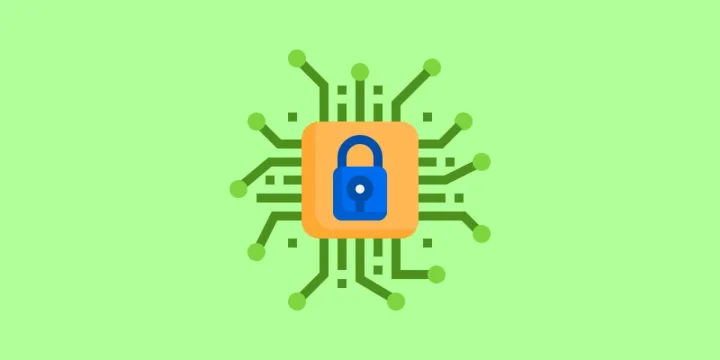In recent years, cybersecurity has begun to feel like an uphill battle. With tech-savvy criminals constantly developing new ways to steal valuable data and invade personal privacy, the sheer number of active threats often seems overwhelming.
However, while staying safe online may pose several challenges, total online security is far from impossible. In the ongoing fight against hackers, malware makers and virus developers make a point of avoiding the following blunders.
The Absence of Antivirus Software
These days, no computer, smartphone, or internet-capable device should be without dependable antivirus software. Your devices are vulnerable to a rapidly growing number of cyber threats in the absence of a dedicated antivirus program.
When searching for software that provides antivirus security, look for products that offer real-time threat detection, prompt responses to threats, and consistent updates.
While it’s true that most operating systems provide some level of virus protection, they should not be viewed as a viable alternative to antivirus software – but rather tools that work in conjunction with said software.
Failure to Install Important Updates
When most people receive notifications regarding system or software updates, their immediate instinct is to install these updates on the backburner.
Since installing them immediately stands to interfere with whatever tasks they’re currently engaged in, they put pertinent updates out of sight and out of mind. While this mindset is somewhat understandable, it can also result in serious cybersecurity breaches.
Updates for operating systems and antivirus software are often created in response to newly discovered threats. Failing to install these updates promptly is practically guaranteed to increase your vulnerability.
Additionally, many updates can be quietly installed in the background without interfering with other tasks you’re performing.
To ensure that important updates are installed as quickly as possible and not allowed to pile up, enable automatic updates for both your O.S. and antivirus software.
Lack of Password Protection
Every internet-enabled device you own that contains personal information should be password protected. While entering a password every time you turn on a device can be a bit cumbersome, it can also help ensure that your data remains safe if any of your devices are stolen. To enjoy an additional layer of theft protection, take care to encrypt your various hard drives.
Using of Easy-to-Guess Passwords
When creating passwords for your various devices and online accounts, it can be tempting to opt for simplicity. After all, using common phrases and number combinations makes passwords easy to remember and difficult to forget.
Unfortunately, this approach to password creation can also make it very easy for hackers and data thieves to guess your passwords and find their way into your accounts. With this in mind, opt for nonsensical combinations of words, letters, and numbers when creating passwords.
Furthermore, avoid using the same password for multiple accounts, and make a point of changing important passwords on a semi-regular basis.
Visiting Unsafe Websites
Visiting unsafe websites can open your devices to a plethora of cyber threats, particularly viruses and malware. So if your antivirus program or operating system advises against visiting a certain site, you’d be wise to heed their warnings.
Additionally, you should always check a site’s SSL certification before proceeding to visit it. Click on the padlock icon on the far left of the address to discover whether a site poses any security risks.
A single visit to an unsafe website can result in massive security breaches, so when scoping out an unfamiliar site, you’d best proceed with caution.
In this day and age, there’s no such thing as too much security when it comes to navigating the internet. Hackers, virus makers, malware developers, data thieves, and phishers are just a small handful of the disreputable characters who pose an ongoing threat to your cybersecurity.
Despite the plethora of digital dangers floating around the web, there’s no need for everyday internet users to feel disheartened. Complete online security is much easier to achieve than many people realize.
Exercising common sense, taking proactive measures against a growing body of threats, and avoiding the mistakes discussed above can be a boon to your efforts to say safe on the web.







Share Your Thoughts